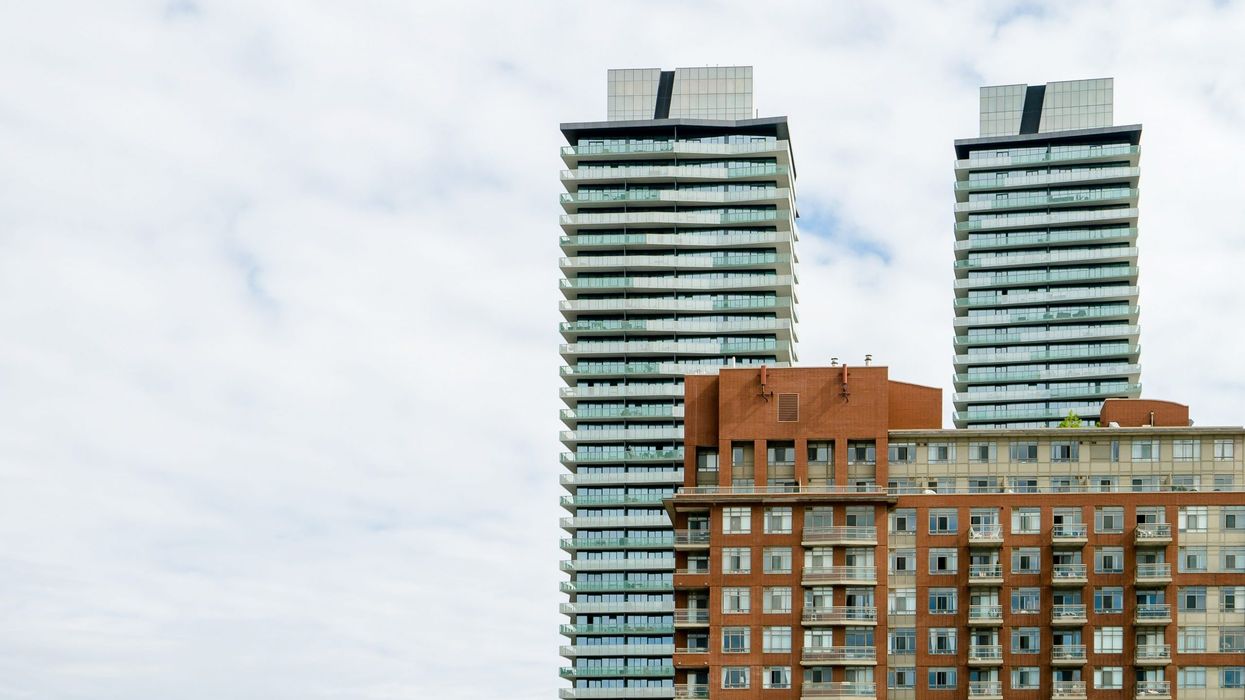Once in a blue moon, it happens – the Toronto benchmark for average rents actually takes a dip. Given the rental shortage, this should be front page of every Toronto newspaper! According to the new October 2019 Rent Report by Rentals.ca, the average monthly rent for a one-bedroom has been decreasing month-over-month!
A one-bedroom apartment in Toronto, on average, goes for $2,304 this September down from its price of $2,330 this past August. Or could landlords simply be taking advantage of August, the renowned crunch time for university students to find housing?
READ: In Toronto, Rent Costs Are Increasing Twice As Fast As Incomes
While Toronto continues to maintain top spot for the most expensive one-bedroom apartment in Canada, Kanata, Ontario just surpassed the Toronto price for a two-bedroom. The Ottawa housing market has continued its fiery streak and its suburb of Kanata has recently exploded, since landlords have been able to rake in $3,000 a month for a two-bedroom. That’s a huge jump from Kanata’s average price for a one-bedroom which currently costs $2,169. Toronto’s average two-bedroom apartment sits at around $2,908.
The Rentals.ca also reported that the average Canadian property was listed for $1,954 per month in September, which represented a dramatic increase of 2.1 per cent compared to August. Meanwhile, the national rental rate in September just topped the previous high-water mark for the year of $1,953 in June.
READ: Housing Affordability Is A Major Election Issue For Canadians
READ: Canada Needs More Student Housing To Help Address Affordability
Given the low vacancy rental rates, it’s no wonder this issue has become top of mind for federal party candidates. Rentals.ca also weighed the possible strategies and promises offered up on the campaign trails. You can compare the various platforms here. The biggest development for Toronto this year has been Mayor John Tory’s “Housing Now” initiative which fast tracks new housing developments at 11 surplus city properties to create 10,000 new residential units – 3,700 of which will be affordable.
However, when it comes to addressing the vacancy issue and the immense problem of supply, the Rentals.ca report says federal party leaders won’t be able to veto any quick fixes: “The housing measures proposed (by candidates) won’t likely be able to restore the balance between supply and demand in British Columbia and Ontario, as demand continues to be held up by strong population growth.”
Best to take a “glass half full” approach to the crisis by at least acknowledging that Toronto rents have decreased, however slightly.






















